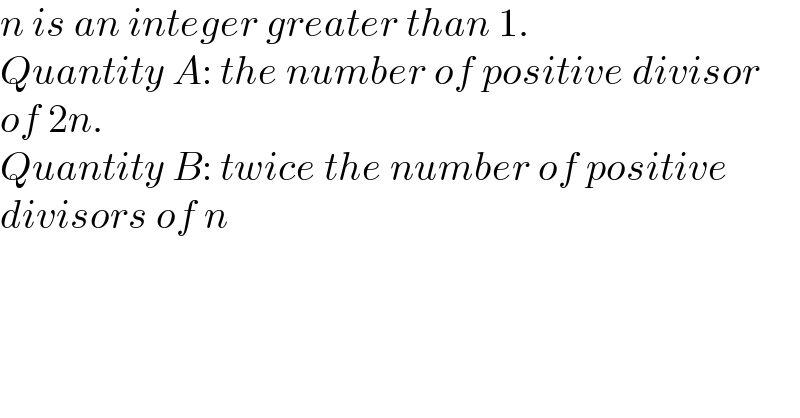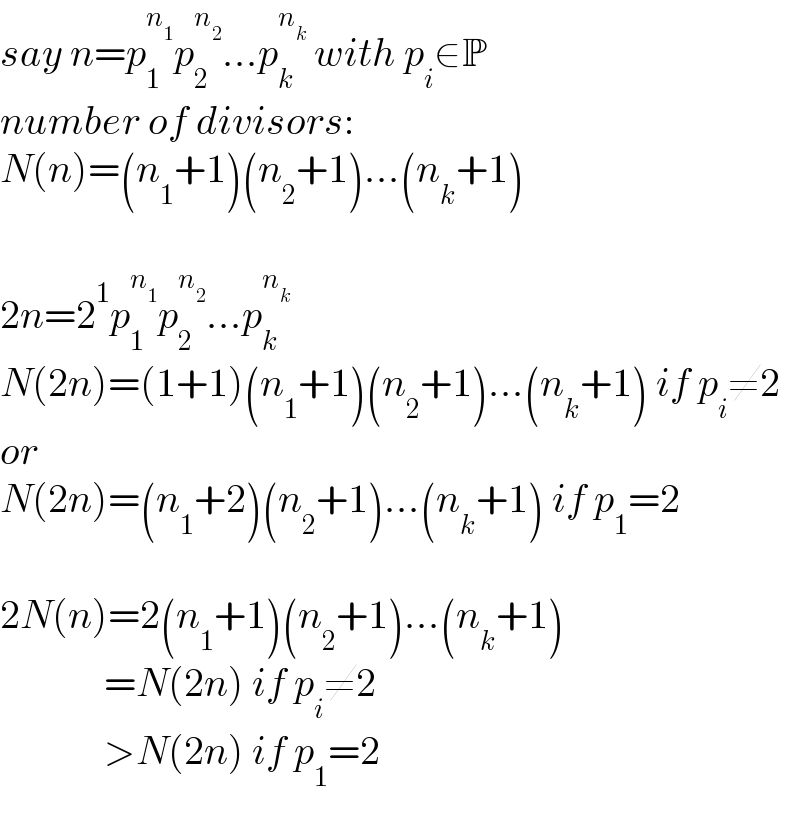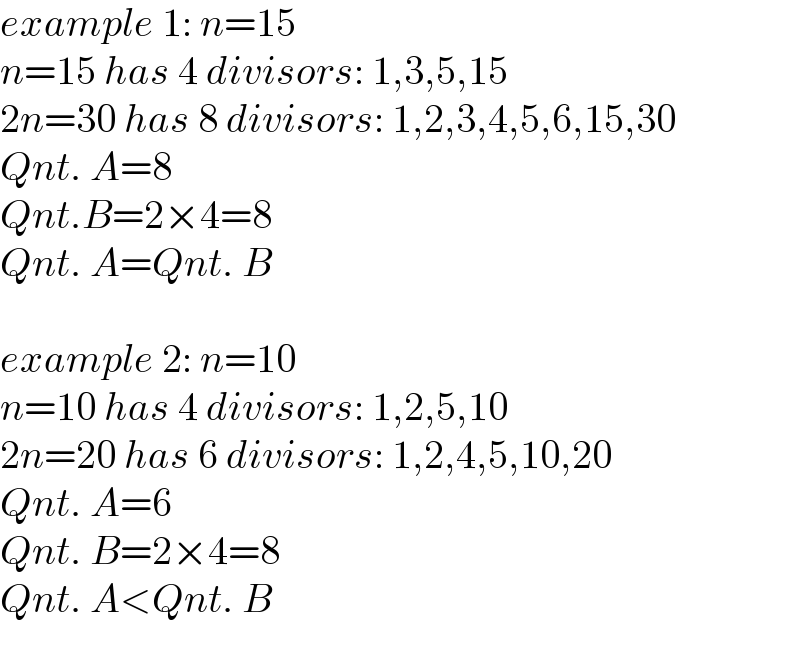Question Number 178114 by aurpeyz last updated on 12/Oct/22

Commented by mr W last updated on 13/Oct/22

Answered by mr W last updated on 13/Oct/22

Commented by aurpeyz last updated on 13/Oct/22

Commented by mr W last updated on 13/Oct/22

Commented by mr W last updated on 13/Oct/22

Commented by Tawa11 last updated on 13/Oct/22

Commented by aurpeyz last updated on 18/Oct/22

